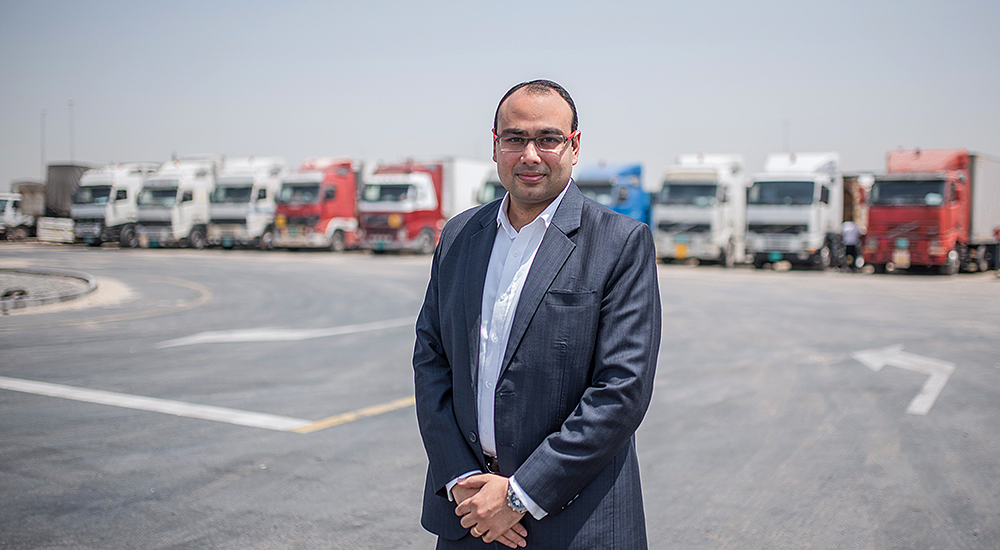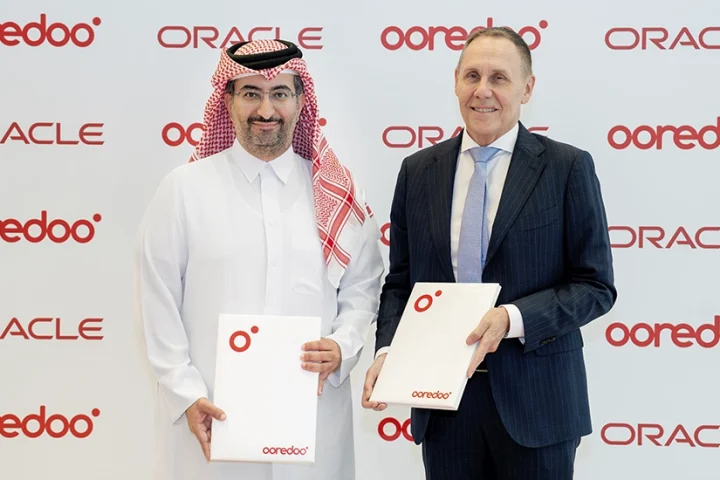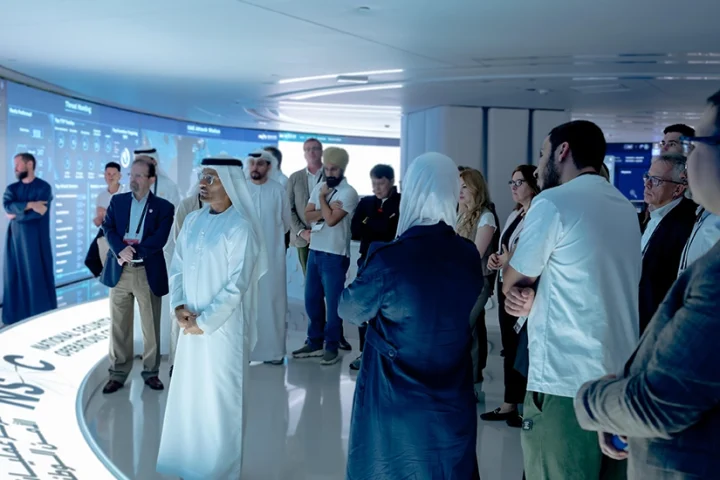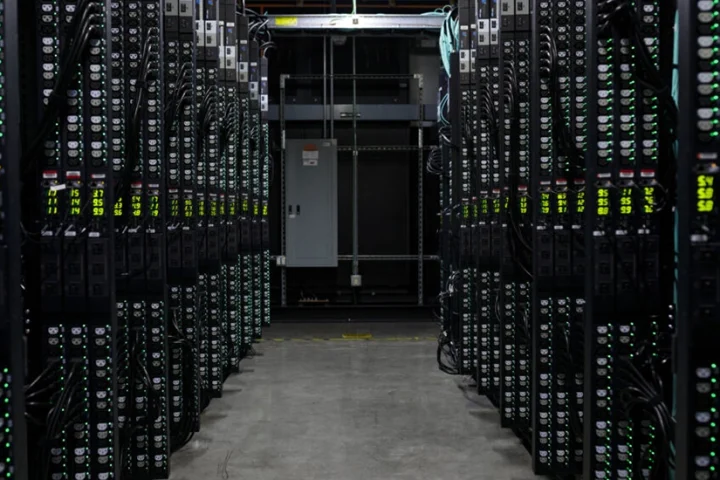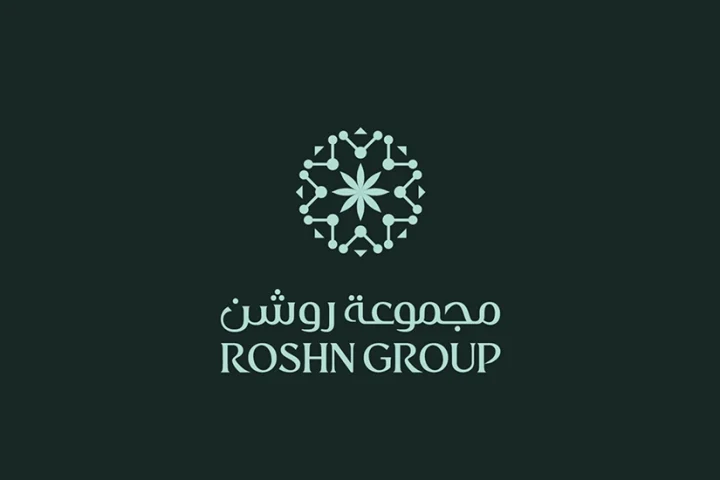As on demand services expand into more industries and market places, Trukkin is leading the way in digital logistics solutions for long-haul trucking. Launched in 2017, Trukkin is a techno-logistics firm based in Saudi Arabia and the United Arab Emirates operating throughout the Gulf Cooperation Council region and beyond. The company works to innovate and simplify logistics and land transportation.
Trukkin has raised over $3.5 million in the recent funding round, which included marquee investors from the AL-Namlah Family Group, the Al-Madi Family Group, and the Abanumay Family Group. Batic Investments and Logistics, a publicly listed company on Tadawul, remains as one of the key investors in the start-up.
By adding the new capital to the company, Trukkin will be able to significantly scale their services across the GCC region. The company has shipped to over 200 locations in the Middle East. In Saudi Arabia alone, Trukkin has completed over 10,000 long-haul, business-to-business truck movements. That is a significant accomplishment given that the country represents nearly 50% of the overall GCC market opportunity.
Trukkin serves a wide range of customers. Through its app and online marketplace, the company brings together shippers who need more transparency and easier access to trucks with truckers who need better access to demand and higher fleet utilisation. Their client base ranges from businesses who order close to 100 trucks a day to ones with smaller needs who order as few as three trucks a month.
Trukkin is fully aligned with the Saudi Vision 2030 plan to diversify the country’s infrastructure, with a specific focus on the National Industrial Development and Logistics Program. The NIDLP is working to make Saudi Arabia a global logistics hub. Since its founding in 2017, Trukkin has focused on using technology to reinvent and rebuild the logistics ecosystem. Trukkin’s non-asset-based road network simplifies the entire process by extending flexibility, maximising shippers’ ability to find a transporter, accelerating delivery, and reducing direct and indirect costs.
Trukkin is one of several startups gaining global recognition in the new industry. In 2018, a Wall Street Journal headline noted that China’s Truck Alliance, a truck hailing company, was on course for a $10 billion valuation. Blackbuck, India’s largest trucking platform, was named CNBC’s 2018 Startup of the Year reaching unicorn status in 2019.
“Trukkin’s vision, operational efficiency, capital utilisation, and sound business model drove us to partner with them in the region over other competitors. Trukkin knows the pulse on the ground.” said Mohamed Al-Namlah, Managing Director of Amnest Group.
Investor Al-Madi explained that they had been following the sector for months and were impressed with what Trukkin has been able to achieve. “Their team is very focused on the ground and has shown their operational prowess. We believe we can further add significant capabilities to Trukkin with our investment,” Al-Madi said.
Founder and Chief Executive Officer Janardan Dalmia explained how their model works. “Trukkin operates on an asset-light model, meaning it does not own the trucks. Our focus on overall service lets us improve both the customer and transporter experience and also increase asset utilisation and reduce inefficiencies. Trukkin is building up its marketplace to connect thousands of mostly independent truckers. The long-haul land transport market is highly fragmented and disorganised, and our aim is to institutionalise and professionalise this business.”

Key takeaways
- Trukkin operates an asset-light model and does not own the trucks.
- Trukkin improves customer and transporter experience, increases asset utilisation and reduces inefficiencies.
- Trukkin is building its marketplace to connect thousands of independent truckers.
- Long-haul land transport market is highly fragmented and disorganised.


